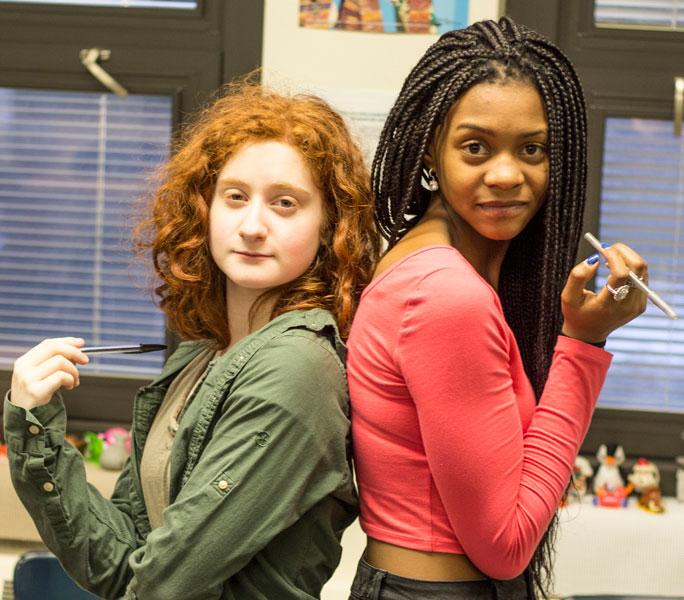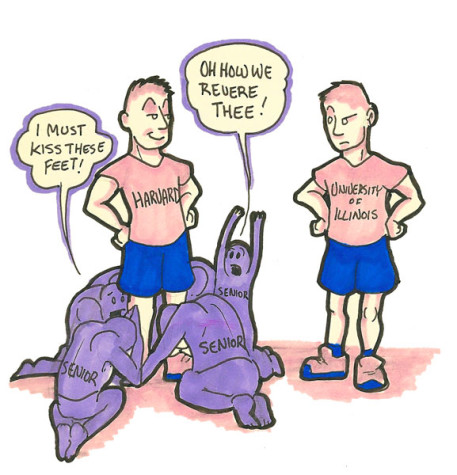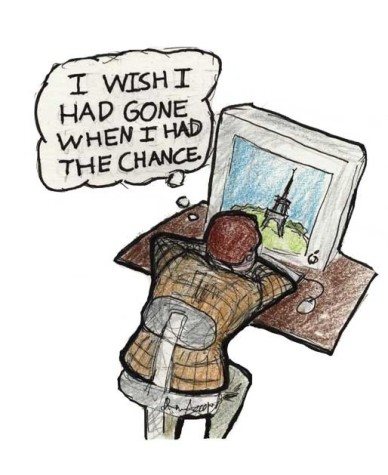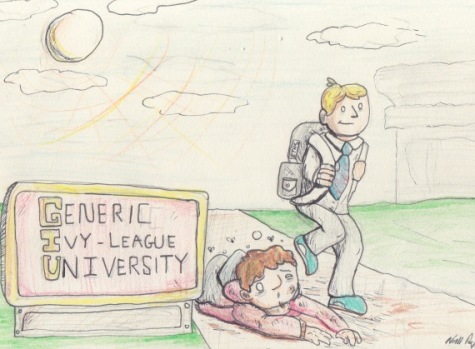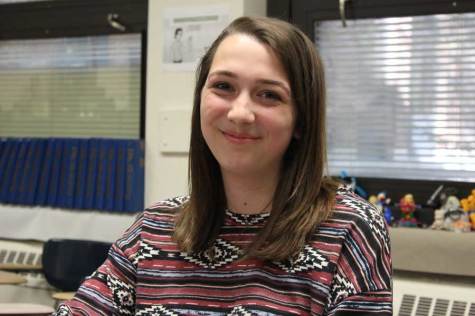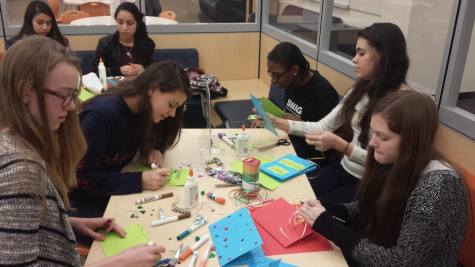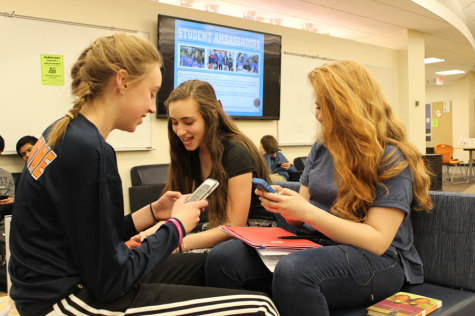Our sit-in for Ferguson wasn’t a stand-up act
The recent sit-in for Ferguson didn’t really stand up to racial injustice. A greater conversation about the role of a white ally is long overdue.
Racial tension crackles in the air with Selma’s brilliant director denied an Oscar, and Ferguson’s impact. The justice denied to Mike Brown, Eric Garner, Trayvon Martin and countless other people of color is infuriating.
For someone to support this cause who isn’t directly affected by racism, their support must then come from a place of humility and understanding.
The sit-in was led and organized primarily by white students a clear marker that students of all colors feel strongly about supporting racial equality. It’s wonderful these students are passionate, but is it the role of a white student to organize a protest for a black cause?
Look at the demographics of AP classes, or even at lunch tables. Without discussions and fundamental understanding, the sit-in is less a show of solidarity and more a show of sympathy.
It’s too easy for white people to simply ‘sympathize’ to participate in a small gesture of support, to sit in the hall for a few minutes and spend the rest of the day giving themselves a round of applause for their own tolerance.
White students must struggle to become allies.
An ally does not let the privilege of ignoring the issue be an excuse to stay silent. Or conversely, let their voice roar louder than the voices of the oppressed.
Allyship doesn’t mean speaking into a mic about injustice. It means handing the mic to someone experiencing it.
Students need to show up to microagression talks lead by the Leadership Project and attend S.O.A.R. conventions. When someone rejects their privilege to actually take a stand that’s what counts.
Your donation will support the student journalists of the Evanstonian. We are planning a big trip to the Journalism Educators Association conference in Philadelphia in November 2023, and any support will go towards making that trip a reality. Contributions will appear as a charge from SNOSite. Donations are NOT tax-deductible.

